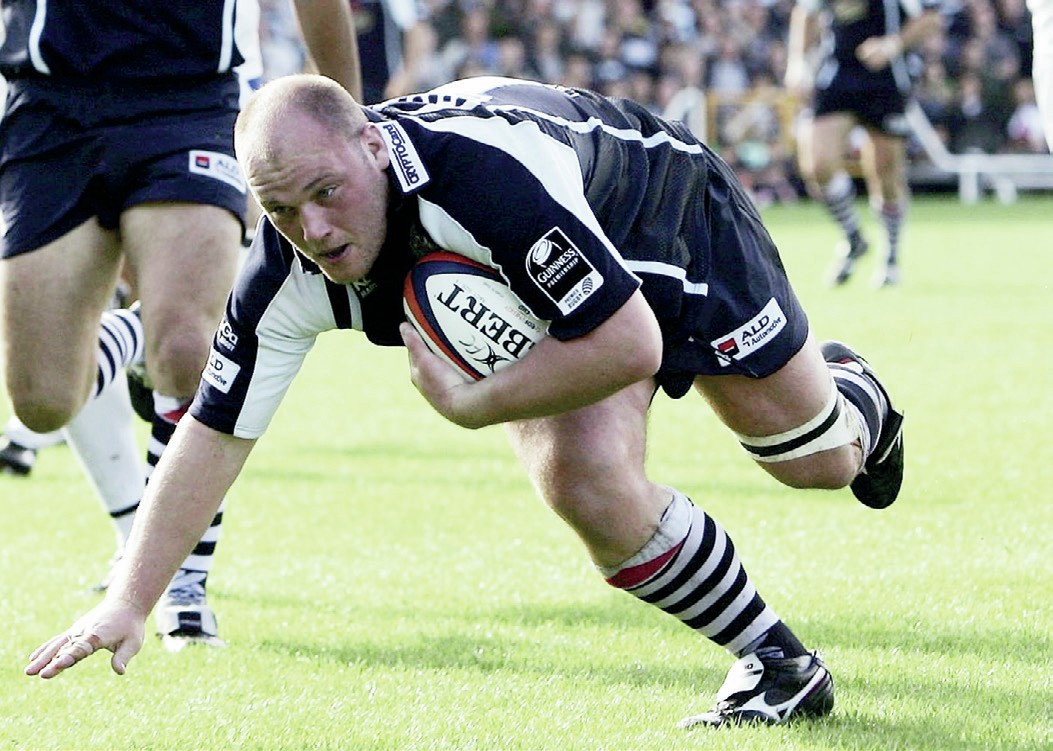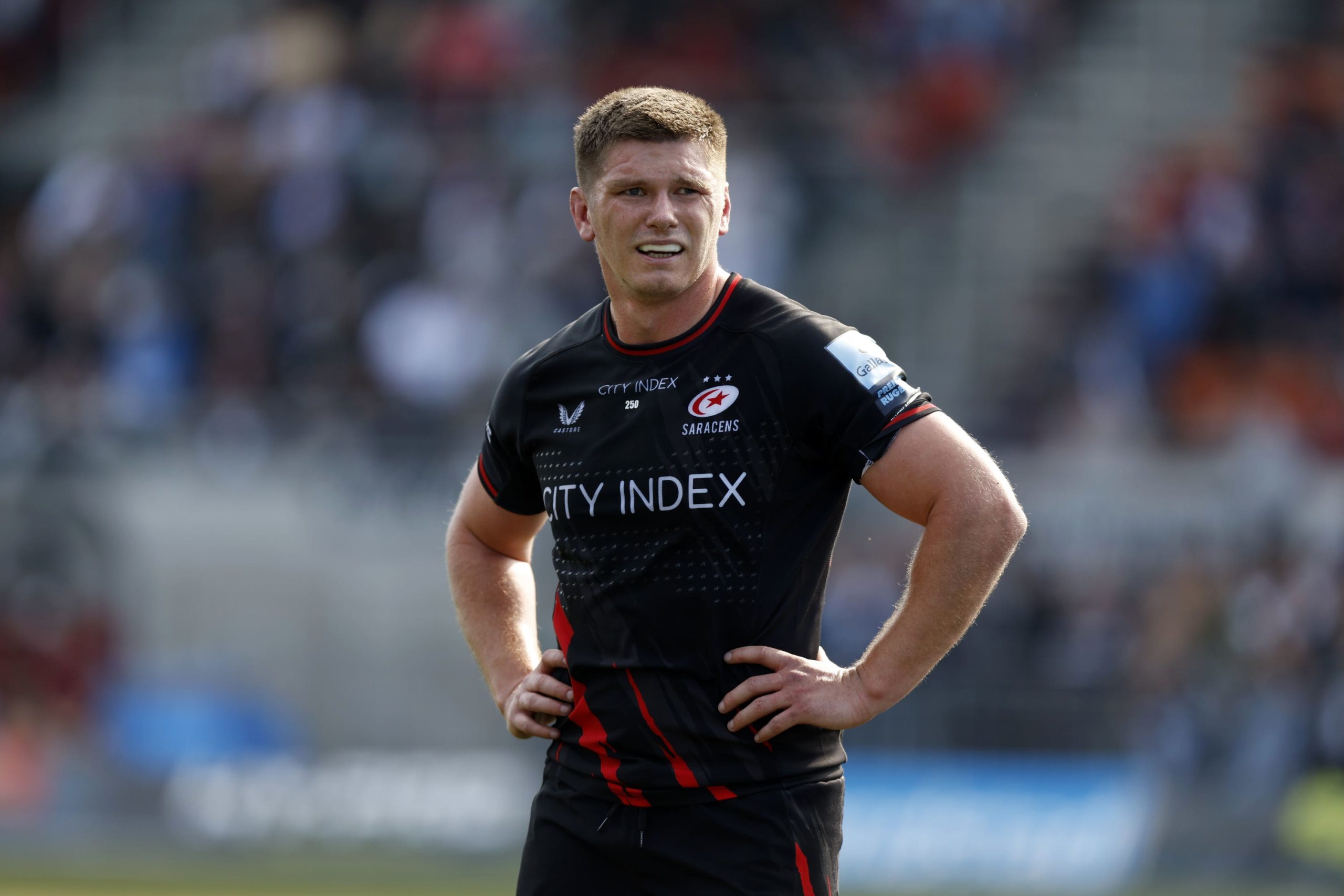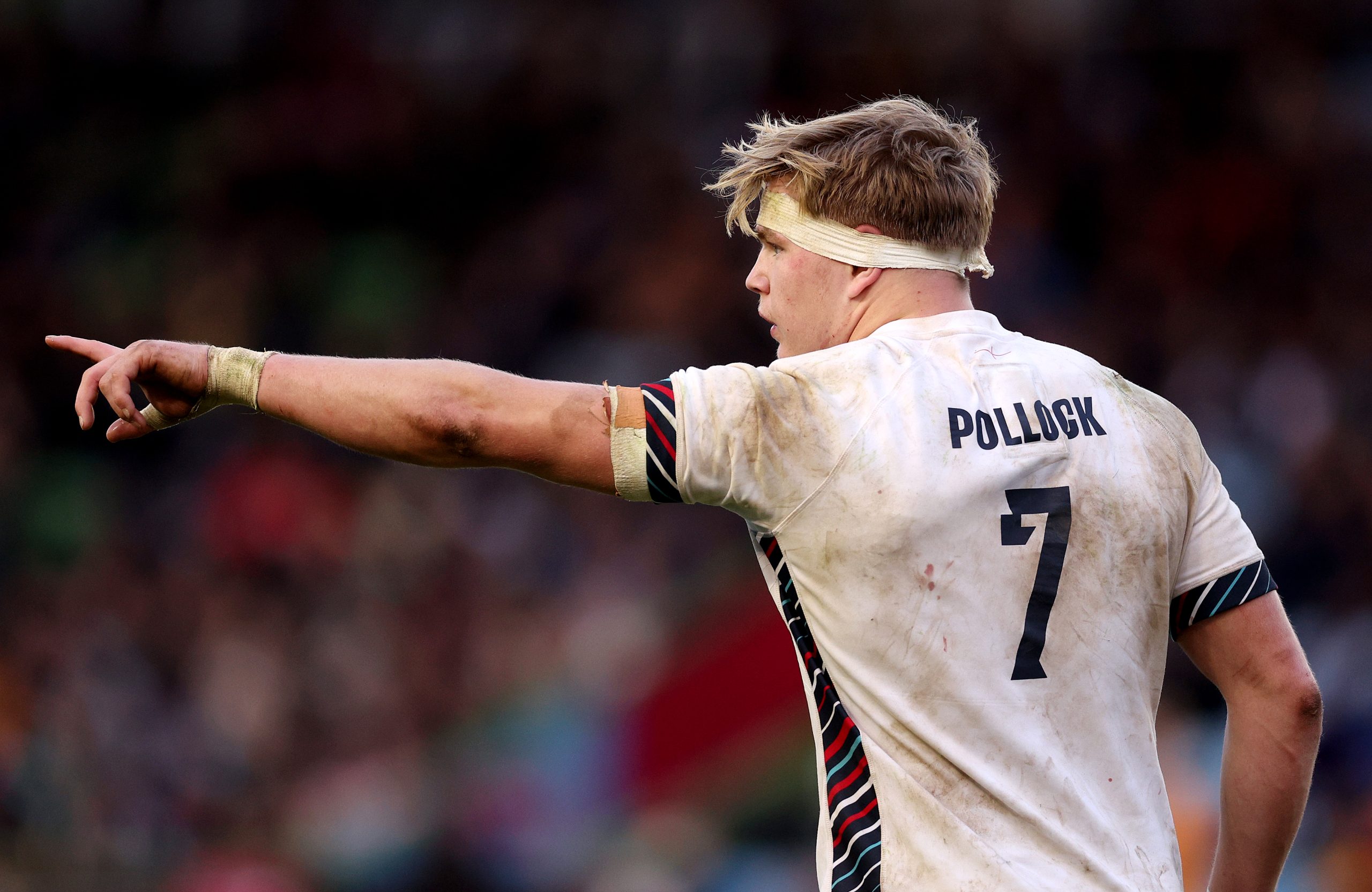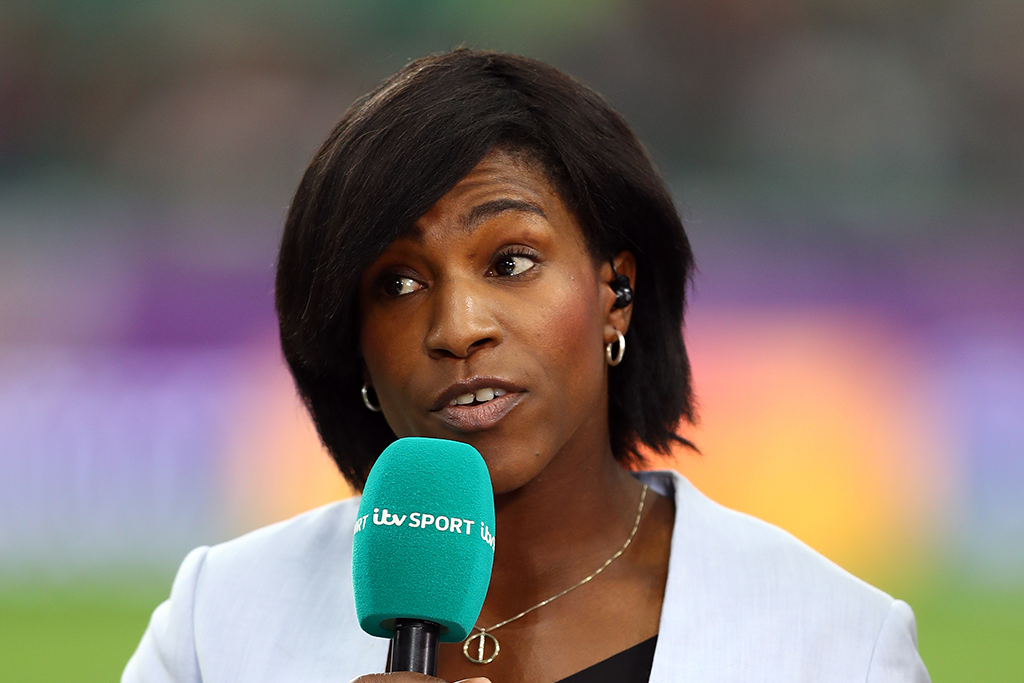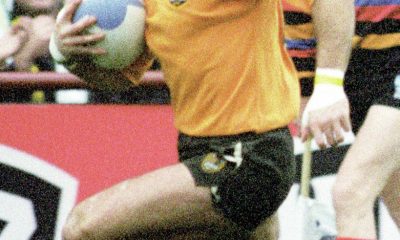Jeff Probyn
Hard to pin the blame on unions
More in Jeff Probyn
-
Once again, officials fail to punish the Lions
JEFF PROBYN A FRONT ROW VIEW OF THE GAME SO the tour is over,...
-
As we all well know, history is set in stone
JEFF PROBYN A FRONT ROW VIEW OF THE GAME SURPRISE, surprise the Lions won...
-
Jeff Probyn: The British and Irish Lions abandoning Australia would be big mistake
I am amazed by the idea that if the Lions are successful in completing...
-
Jeff Probyn: Steve Borthwick has to rethink his England squad
Last week the England rugby team showed some character in their game against Argentina...

